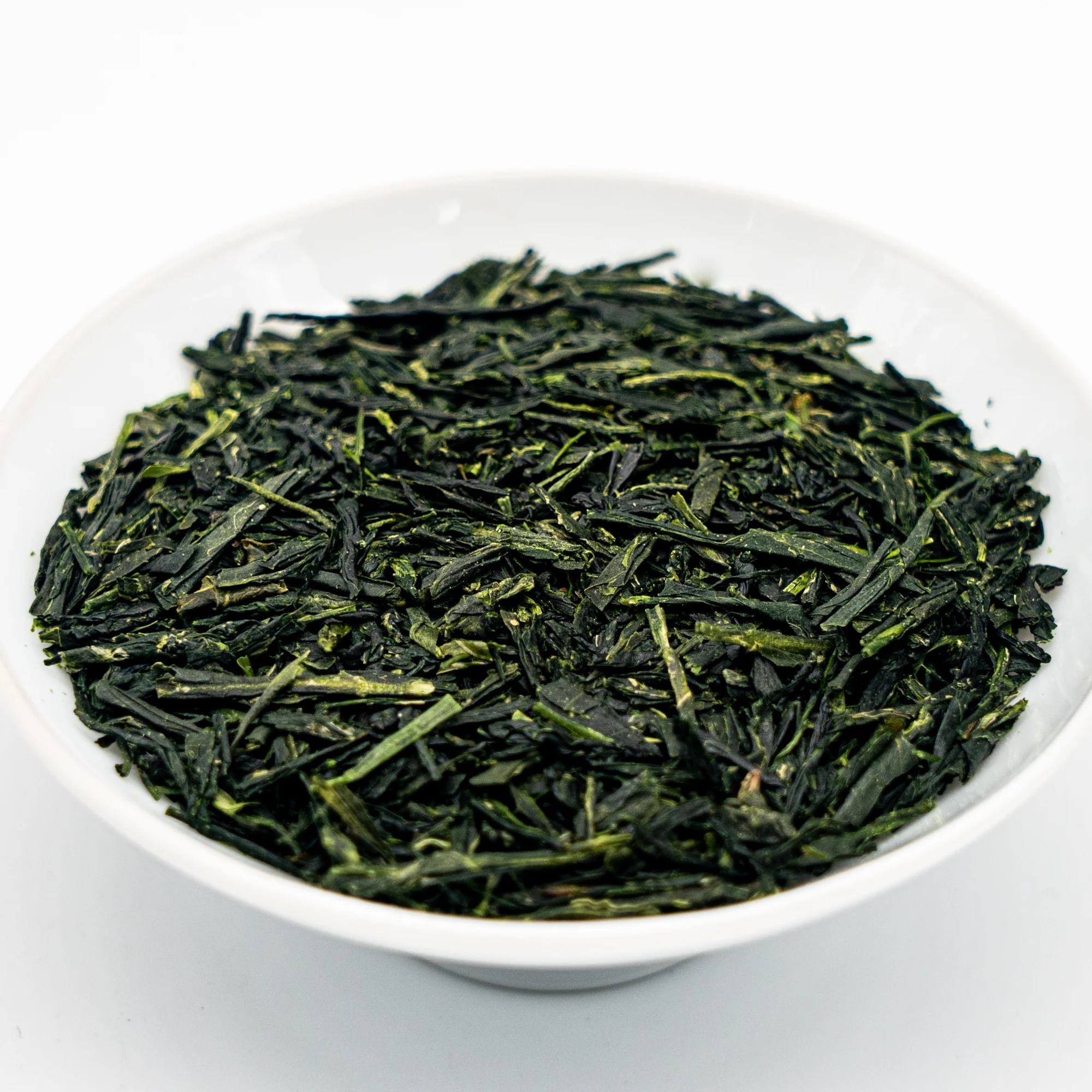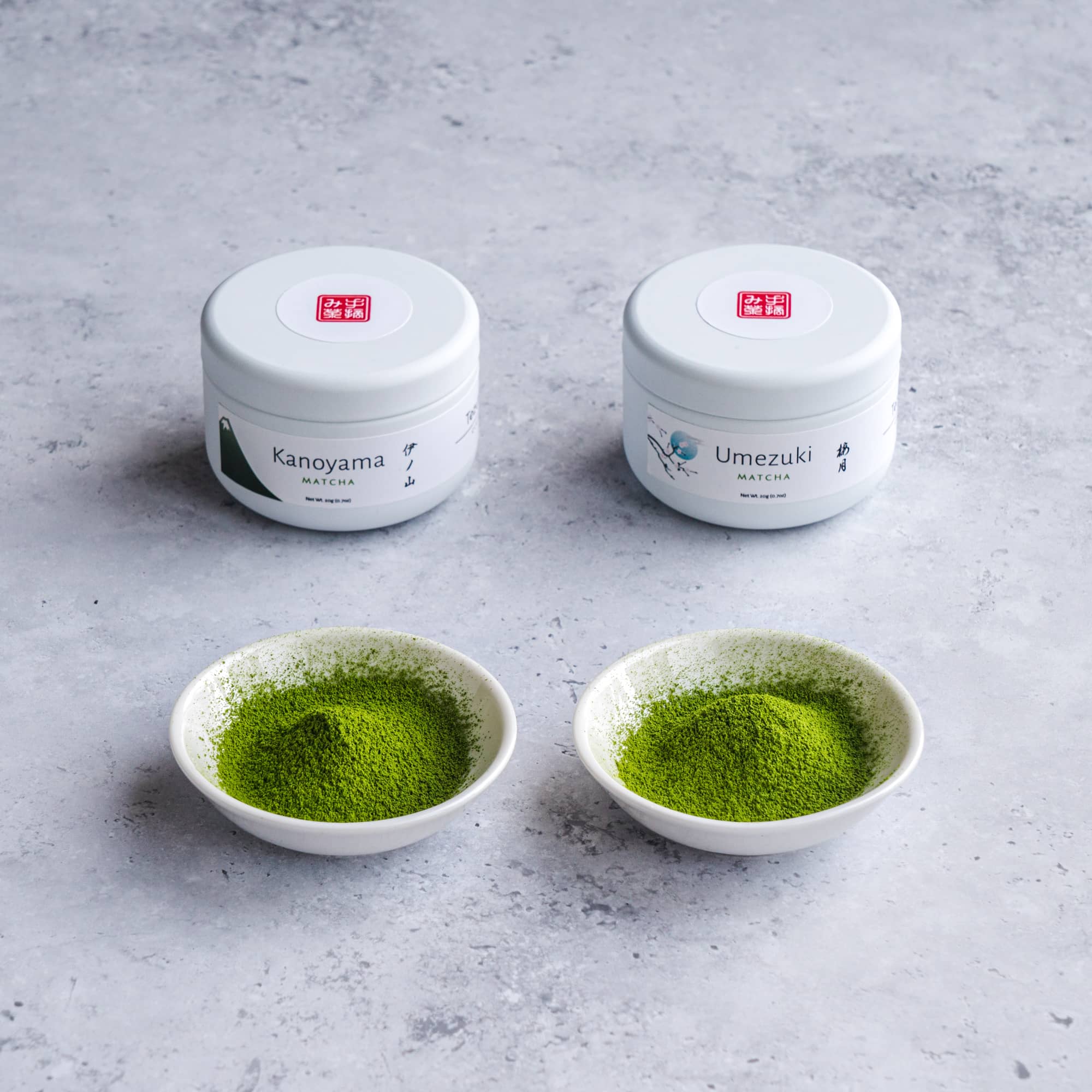This carefully blended matcha from the steep hills of Wazuka makes for a smooth, verdant, and refreshing usucha with a lasting finish
The name Uji-no-Mori means "Grove of Uji" using an older kanji spelling for "Uji" (莵道の杜)
Uji city in Kyoto has long been at the centre of Japanese tea and has been famed for its high-quality matcha production for centuries, dating back to the 12th century. The shading method used to produce modern matcha (c. 16th century) along with sencha (1737) and gyokuro itself (1835) were all invented by Uji farmers looking to push the boundaries of tea quality. Though the name Ujicha remains associated with high-grade tea, most tea branded as Ujicha is produced in the neighbouring towns of Ujitawara, Minamiyamashiro, Kizugawa, and primarily Wazuka.

Cultivar: Blend: Base of Kyōken-283 and Yabukita, with others
Region: Wazuka / Uji, Kyoto
Producer: Rishouen
Harvested: May, 2024
Picking: Handheld Machine
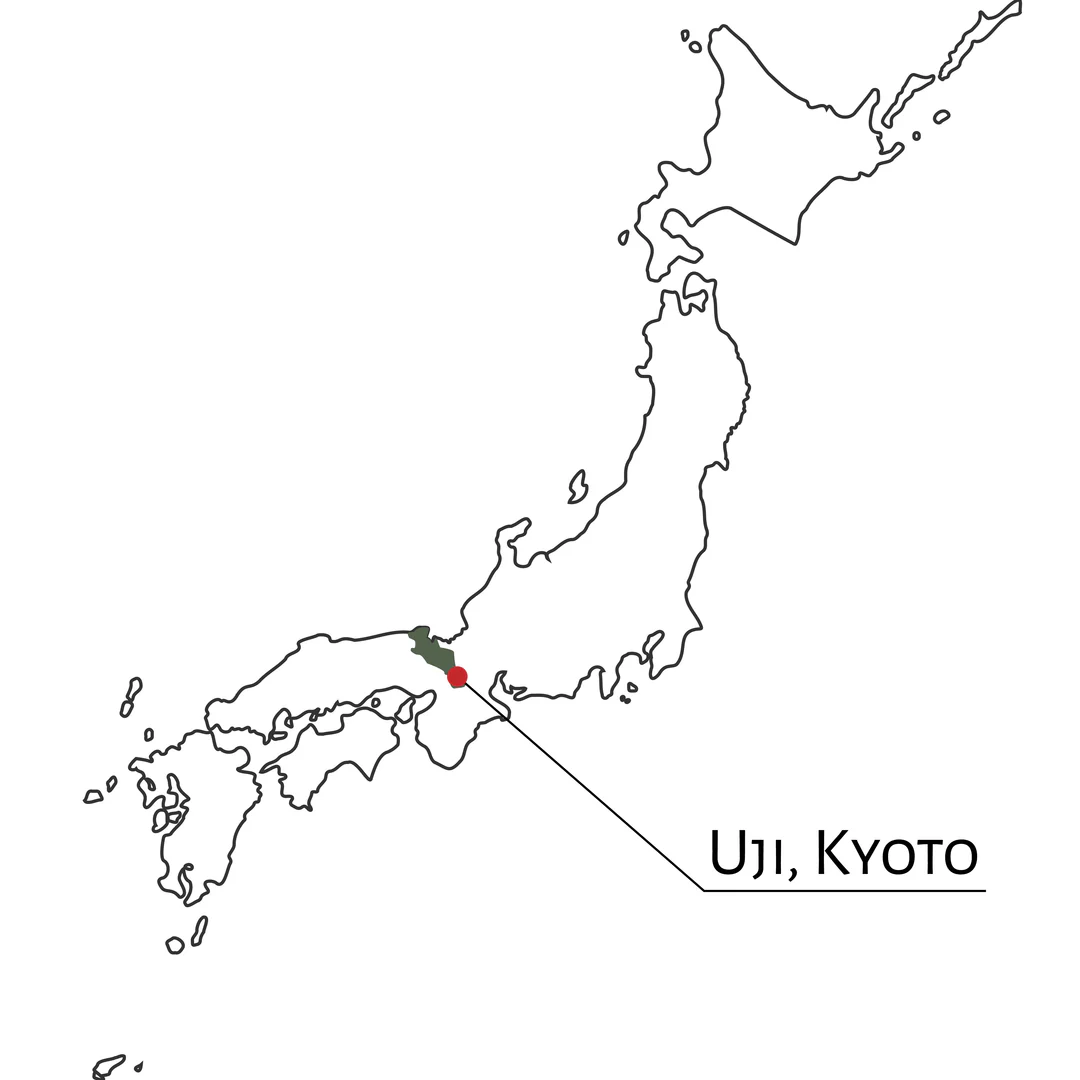
Brewing Instructions
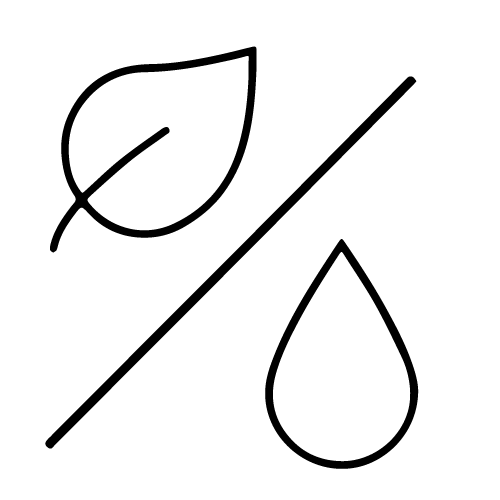
Tea/Water Ratio
1.5-2g (2 tea scoops)
60ml (2oz) of water

Water Temperature
70º C (158ºF)
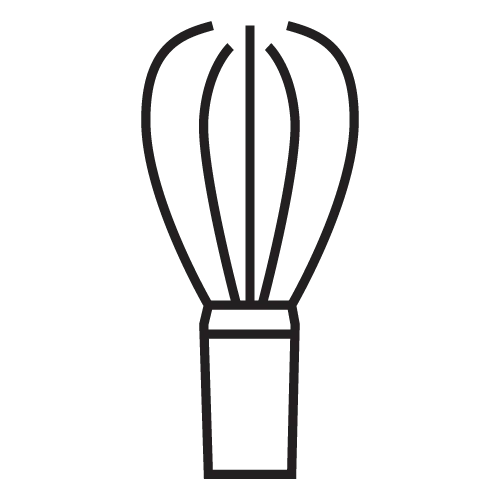
Whisking
20 seconds
Meet the Producer
Rishouen (利招園)
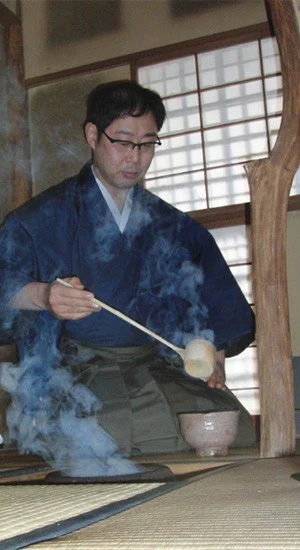
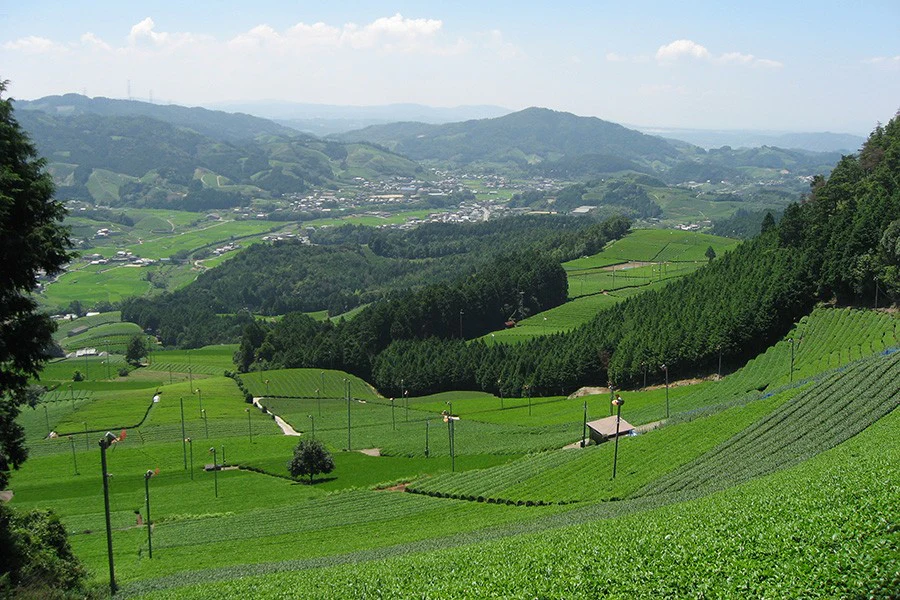
Cultivar: Blend: Base of Kyōken-283 and Yabukita, with others
Our Matcha Selection
View all
